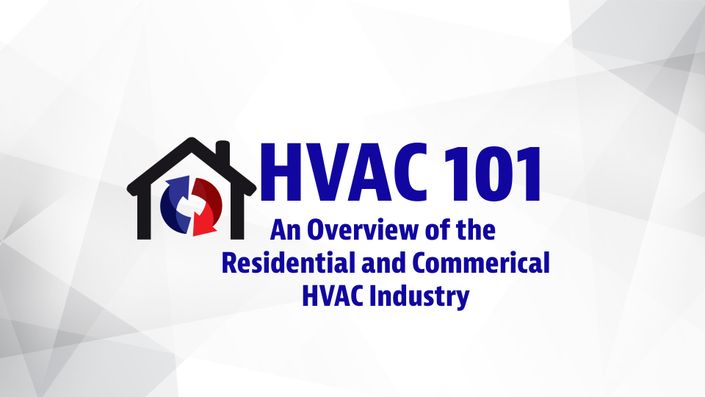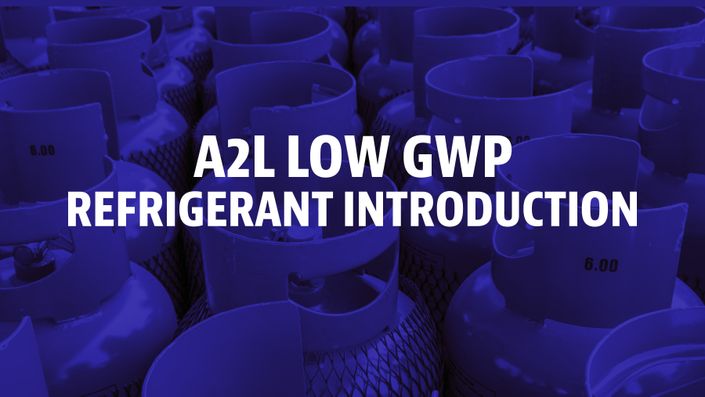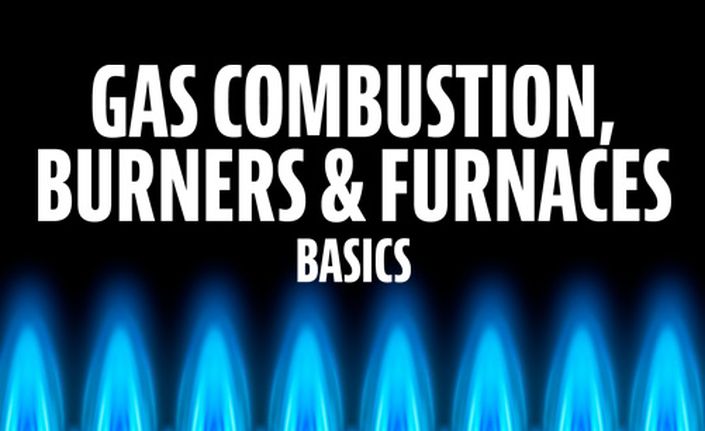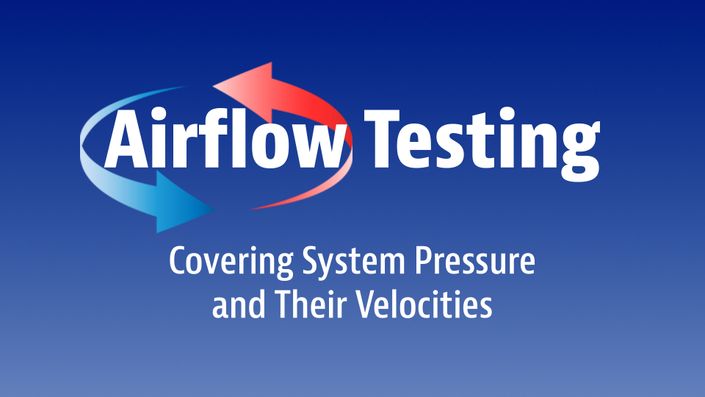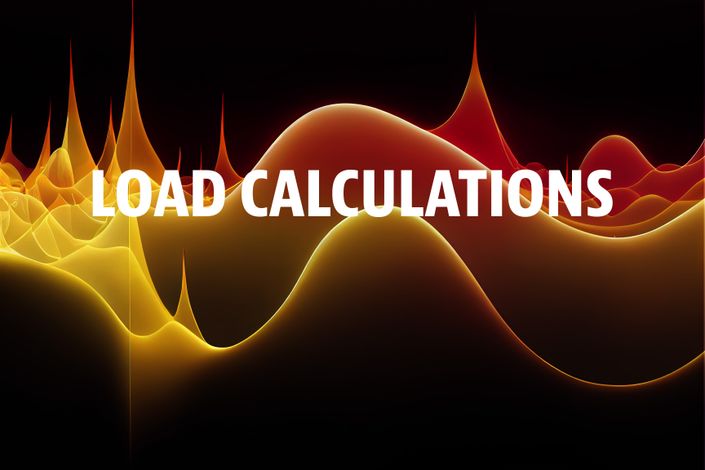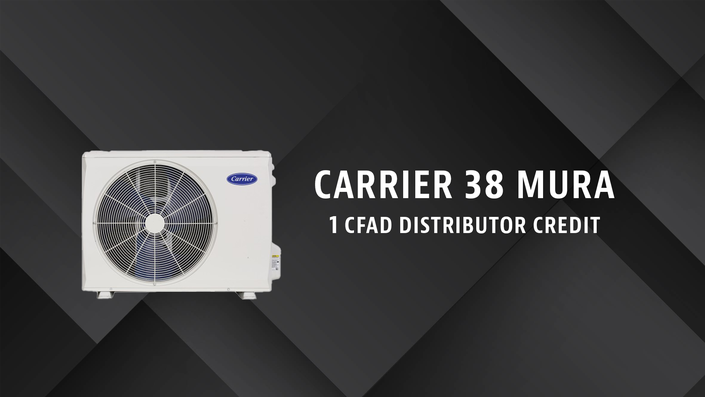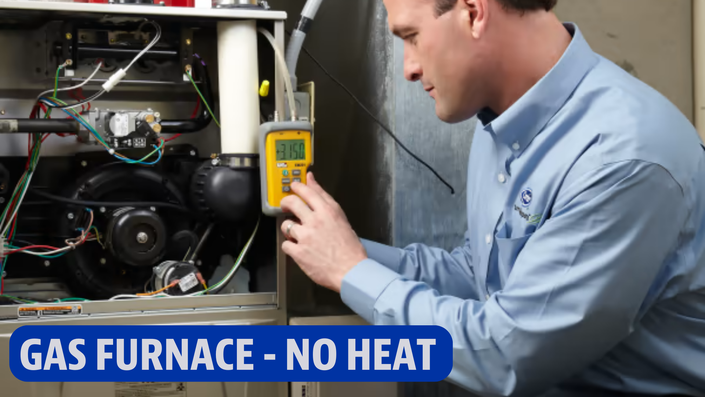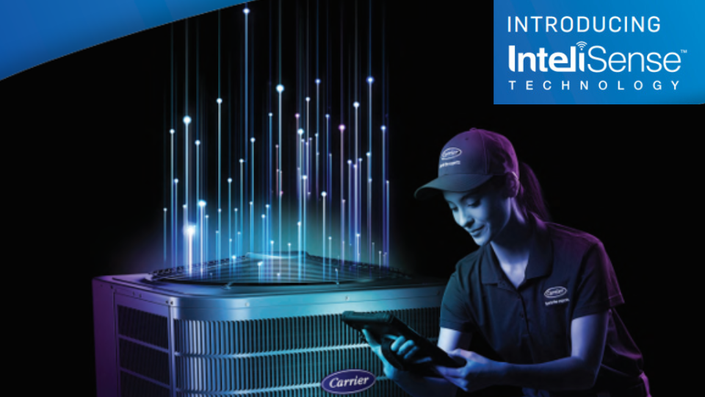
EPA CERTIFICATION COURSES
Due to the skills needed to operate, use and the disposal requirements, refrigerants in the HVAC industry each technician who is using these refrigerants must have their own license and certification. With these courses we will provide you with the information that is required for this certification.
Chemicals in the refrigerants that are necessary for HVAC units can cause extensive damage to our ozone layer. Refrigeration is regulated by on the Federal level and by the EPA, Section 608 of the Clean Air Act requires specific regulations for proper handling.
Section 608 of the Clean Air Act
Requires all persons who maintain, service, repair, or dispose of appliances containing regulated refrigerants, be certified in proper refrigerant handling techniques as required by the National Recycling and Emission Reduction Program. Including: CFC, HCFC, HFC, and HFO Refrigerants.
We are committed to fully training technicians to be confident and prepared to handle any setup, refilling, diagnosing problems and preventing any mishaps along the way will our full EPA certified courses and trainings.


EPA CORE COURSE

EPA PART 1 AND 2 COURSE

EPA TYPE II COURSE
NATE CREDITS ARE DEPENDENT ON SPECIALTY
The following specialties are eligible for 6 NATE Credits through our EPA Core & Type II Course:
- AC Installation and Service
- Air to Air Heating Pump Installation and Service
- Certified HVAC Professional
- Commercial Refrigeration Installation and Service
- Senior Efficiency Analyst
- Ground Source Heat Pump Installation
- HVAC Performance Verifier
- Light Commercial Refrigeration Installation and Service
Course Curriculum

EPA CORE OVERVIEW
Though the Core course you will learn fundamental information regarding the Clean Bill Act. Going in depth into refrigerants and their global warming potential, safety, characteristics & identification along with other requirements to use this chemical safely.
Different Pressure gauges are one key piece of equipment to test the PSI, Vacuum (Inches of Hg), and Refrigerant Saturation Temperatures (Press Temp Charts). Going over compound pressure gauges, high-pressure gauges and the use of electronic manifold with temperature probes and how they will assist you in using the required refrigerant for your customers needs.

EPA Type II OVERVIEW
Technicians maintaining, servicing, repairing or disposing of medium, high or very high-pressure appliances must be certified as a Type II or Universal Certification Technician. All split systems require Type II or Universal Certification.
EPA Type II goes more into the properties of refrigerants themselves, going over refrigerant oils, system classifications, determining the system charge needed, and leak repair requirements.

TEST FORMAT STRUCTURE
The EPA test will contain 4 sections containing: Core, Sections I-III. Each section contains 25 multiple-choice questions covering different elements from each course section. A minimum of 70% to achieve a passing score for certifications in each group or section required. If a course is failed a retack for failed section(s) are available.
TESTING IS DONE IN PERSON. CONTACT ADMINISTRATION WITH QUESTIONS.
For the Required Examination federal regulations require that the exam be conducted as a closed-book exam by an authorized test administrator Proctor. Once certified you will be placed on a public registry to show proof of certifications achieved. See www.mnair.com for more details on Testing days and any additional information.

EPA PARTS I & II OVERVIEW
Get certified in one or more of the following areas.
Core: Fundamentals (Must Pass for Certification)
Type I: Small Appliances
Type II: High Pressure A/C and Refrigeration
Type III: Low Pressure A/C and Refrigeration
Universal: Encompassing All Types
Any technician that maintains, services, repairs, or disposes of small appliances that are charged with 5 lbs. or less of refrigerant must me certified as a Type I Technician. If the units contain more than 5 lbs. of refrigerant or if the unit requires refrigerant charging, the technician must be certified as a Type II Technician. Type II certification does not include small appliances or motor vehicle a/c systems. If disposing of low-pressure appliances, such as centrifugal and chillers, technicians must be certified as a Type III Technician.

TRAINING WITH US!
Learn more about our different programs, training schedule and certifications that we provide at WWW.MNAIR.COM FOR MORE INFORMATION.

